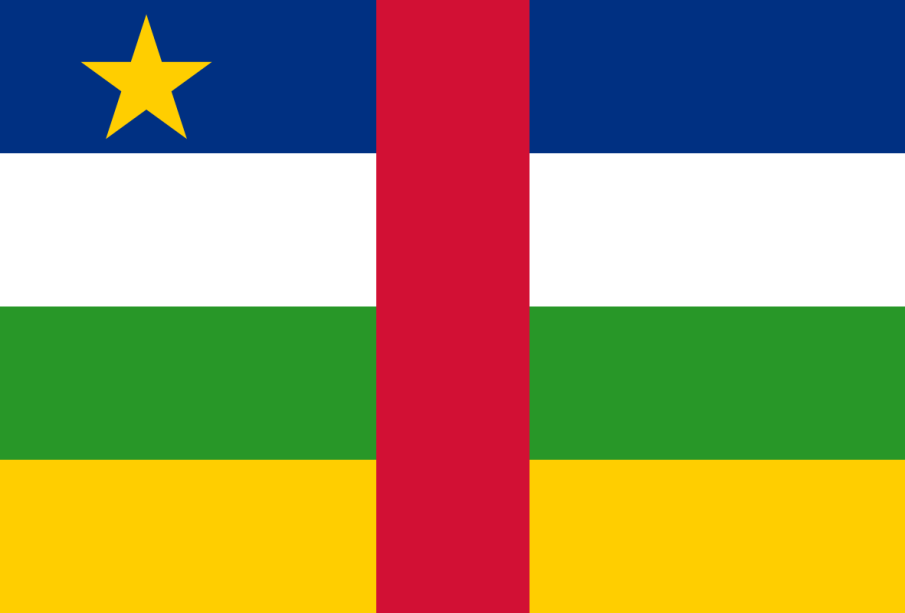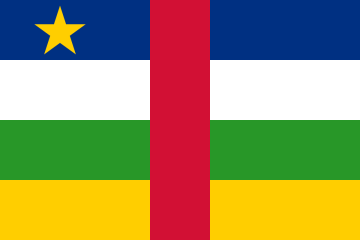Understanding the Crisis in the Central African Republic

Introduction
The Central African Republic (CAR) is currently facing one of the world’s most challenging crises, marked by violent conflict, political instability, and humanitarian issues. As a landlocked nation in the heart of Africa, CAR has been subjected to a series of conflicts since gaining independence in 1960. The importance of understanding the current situation cannot be overstated, as it has significant implications for regional stability and international humanitarian efforts.
Current Situation
As of October 2023, the Central African Republic remains embroiled in civil strife despite several attempts at peace agreements. The ongoing conflict, which escalated significantly in 2013, has primarily involved various armed groups vying for control over resource-rich territories. These factions include the Seleka and Anti-Balaka groups, each responsible for widespread violence against civilians. The UN estimates that approximately 1.6 million people are displaced within the country, while over 2.5 million people require humanitarian assistance.
International intervention, including peacekeeping forces from the UN Multidimensional Integrated Stabilization Mission in the Central African Republic (MINUSCA), has been implemented to provide stability. However, their efforts have been severely hampered by ongoing violence and the lack of a cohesive government. Recent reports indicate an uptick in violence in rural areas, complicating efforts to deliver aid and increasing the risk of famine among vulnerable populations.
Humanitarian Crisis
The humanitarian situation in the Central African Republic is dire. Access to clean water, healthcare, and education is severely restricted, leading to increased mortality rates and poor living conditions. Malnutrition is rampant, especially among children, due to the ongoing conflict disrupting agricultural production and food distribution networks. The World Food Programme has raised alarms about the impending food crisis, as many families are struggling to meet their basic needs.
International Response
International organisations, including the UN and various NGOs, are attempting to address the pressing humanitarian needs. Recent pledges from nations and international bodies aim to provide food aid and medical support. However, the situation continues to require substantial funding and resources, coupled with a stable political resolution, to foster long-term recovery.
Conclusion
The Central African Republic’s crisis showcases the complex interplay of conflict, humanitarian needs, and international responses. As the situation unfolds, it is imperative for the global community to stay engaged and support initiatives aimed at restoring peace and rebuilding the nation. Without immediate action, the prospects for stability in CAR remain grim, posing significant challenges not only for its citizens but for the broader African region.







